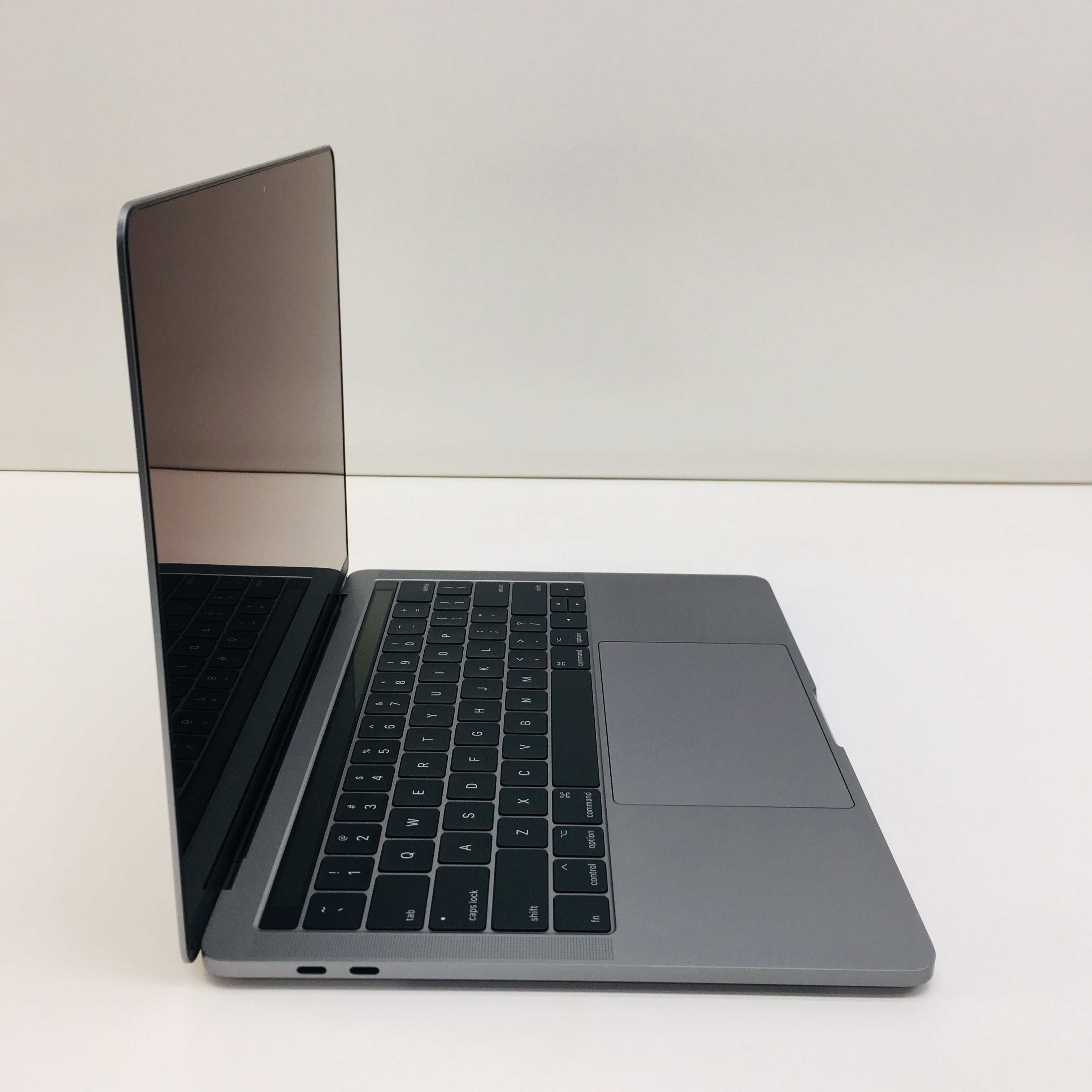
Otherwise, an M1 would likely give you a rather better overall level of performance.


But be aware that if your use case typically has multiple apps open, dozens of tabs in a browser (particularly Chrome) and multiple large documents such as images, 8Gb is likely not enough, regardless of processor architecture. I replaced a 2016 MBP with a base-level M1 MBA, and the difference is quite astonishing. If it can't and doesn't, then ignore those who might tell you that 8Gb isn't enough or that M1 MacBooks are in some abstract way deficient. If it can and does, then there is no reason to replace it at the present time, and keeping it would also provide the benefit of observing how the Apple Silicon landscape develops, and thus provide a better option for upgrading when higher-specced systems are both available and affordable for you. In your case, with the added possible complication of whether it can do everything you can reasonably project it will be needed to do while studying. On that basis, the question would be, does your 2017 MBP do the job you need of it. You shouldn't need to be studying an IT discipline to know that the best general principle in systems choice is to use what works, and to upgrade when it is needed.


 0 kommentar(er)
0 kommentar(er)
